I know, I know, I've been slacking and you have all been wanting to get part 2 of my chat with Kitty Curtis. It's been well over a month since I posted part 1. Well, here is the continuation of the discussion!
JP: What is your official title in the campaign?
KC: Short and sweet - just Campaign Director for Legends of Arcanis.
JP: What draws you to the Arcanis RPG? What particularly attracts you to that game?
KC: First and foremost it's the world. I was intrigued when I found out that even in D20, the gods didn't have alignments, only their followers. You could be any alignment and follow any god; you would just have a different focus. This sent shivers down my spine as I was playing a Lawful Good cleric of Wee Jas at the time, and constantly having to explain that she was just a poor lost little goth girl. ("It's not about vampires, it's about magick, and the goddess, and why does everyone run away screaming?")
 The original world book, the Codex Arcanis (free download) devoted a chapter to each country, written from the point of view of someone raised in that culture, and they contradicted each other. There were no definitive right and wrong answers about histories, only each nation's individual version.
The original world book, the Codex Arcanis (free download) devoted a chapter to each country, written from the point of view of someone raised in that culture, and they contradicted each other. There were no definitive right and wrong answers about histories, only each nation's individual version.
The Elorii are elemental beings based on the 5 elements of earth, air, fire, water, and life. The Dwarves are celestial giants cursed for their hubris, and driven to create the perfect item as atonement in order to restore their people. The Val are humans with celestial heritage, which gives them a tiny spark of power. The Dark Kin are humans with infernal heritage, which gives them powers, *and* an obvious physical mark. Gnomes are the twisted cursed wretches that come from a human-dwarf pairing, despised more than the DarkKin. And all of these races co-exist in a world where most major historical empires from ancient Egypt to feudal Germany are all present *simultaneously*.
It doesn't seem like it would work, but it does.
JP: Yes… Yes it does work! That’s the awesome thing about it. What about the mechanics?
KC: And now to the mechanics of the game - I love the initiative clock. I know we disagree here, but I love it. The base initiative mechanic is that you try to roll a low initiative, and that's when you first act. Whoever goes on ‘1’ acts first, then whoever goes on 2, etc. When it's your turn, you choose an action, and different actions have different speeds. If I act on tick 1, I can cast a spell with a speed of 4 and act again on tick 5, or I can ready a shield (speed of 2) and act again on tick 3. And whenever you go past 12, it wraps back around again, hence the "clock".
It really cuts down on the "but if I move 10 feet, I lose 3 attacks, so I delay instead". Instead of having to pull your head out of the game and debate the abstraction of the rules, you can just act, knowing that if you did something complicated you'll have longer until you act again and if you do something quick and simple your action will be up again soon. I know you don't like having the chart of action speeds, but we all had to use the move/action chart for d20 at first - it becomes habit over time. Actions don't clump up the way you'd think they would, and it really keeps everyone in the action – no one gets up and wanders off every turn because "it'll be forever before I get to act again".
Then there's the skill system - Any skill can be used with any attribute. The base mechanic is that you roll 2d10 (Action Dice), add the die that's linked to the attribute, and add your skill bonus before comparing to your Target Number. You could roll Athletics with your Might die to win a contest of strength, with your Prowess die to compete in an Archery contest, with your Dexterity die to navigate an obstacle course, with your Insight die to deduce an opponent's strategy and a play to counter it, etc. It's all up to your imagination to make the link. And did I mention that your combat rolls are skill-based?
JP: The dice rolling system is not so much an issue with me. I’m fine with it. But let’s get to something that’s more complex… And frequently more interesting: MAGIC! What about it? How does it work?
KC: There are no slots! (The thing that most infuriated me about d20) There are no "spells per day" either. If you know how to cast a spell, you know how to cast it, period. So long as you can rest, you can re-cast spells as many times as you want to.
Additionally, there is now a bigger difference between divine and arcane magic. In the world of Arcanis, all magic echoes from the creation of the world. Divine magic is pre-set; each spell is cast exactly the same way each time, as you are using the literal words of the gods. In mechanics terms, each spell can be cast in specific ways, and anyone who learns the spell knows those variations and only those variations.
Arcane casters are instead tapping into the inherent magic of the world and forcing their will upon it, so they can alter their spells in more ways, but their spells are also more difficult to cast (both in terms of having a higher Target Number and the damage the caster would have to endure for pushing past their limits).
JP: What else is new and cool?
KC: Oh, and Fate Points! Points earned for good RP (or otherwise making the table more enjoyable) which can be redeemed for in-game benefits are a part of the base rules of the game. PCs get them at character creation and occasionally during advancement, but they are primarily earned by players.
JP: What is your favorite RPG game of all times? Your favorite supplement/ adventure?
KC: I have 2 favorite systems at the moment, both for their commonalities and their differences: Hero and the new Arcanis RPG. I love Hero because it can be bent and twisted to any genre, and it has the flexibility to handle it all. A teeny tiny book holds the majority of the rules, and all of those builder books are primarily lists of ways to use those rules to make characters with the math done for you. I love the Shattered Empires rules system because it is so linked to the setting and they show each other off nicely. Both systems load the majority of the rules knowledge into character creation, so a new player can learn the basics of the system in 5-10 minutes and handle 90% of what will come up in game if they have a pre-built character.
In both games the primary complaint I hear from new players is that they can't make a character because there are too many options to choose from. That's an awesome problem to have, and again both systems cover that by providing sample characters. (Yes, I know I sound a little partial being the Campaign Director of one of them, but I honestly am really pleased with how it turned out. As I told everyone locally, I would have continued with the campaign even if the new system sucked, but I would have said "The system sucks, but the story is awesome." I am fortunate that the system has really blossomed over its year of open playtest into something I can be proud to introduce new players to.
JP: What are the high points of a home game you run? What elements do you particularly enjoy in a campaign?
KC: Definitely my NPCs - the players tend to remember them better than I do, especially my "throwaways". No character is truly superfluous - if a PC takes an interest in them, they now have something interesting to contribute. I'll steal blatantly from a PC's background to pull that RP moment out of them and make it stick in their memory. And that's my favorite part of a home campaign - those little signs that show that our characters *matter* and are not inter-changeable cogs.
Even in a mass Organized Play campaign, there's a lot a GM can do to recognize the impact of the PCs. I still get jaws that drop when I sit at a new OP table and ask people to tell me about their PC, they give me their class/archetype, and I ask "But what's their personality like? Why are they taking this mission?". If the adventure isn't going to be tailored to the PCs, why are we playing with live GMs instead of a computer?
That's it for now. I'll post the next and final part next week!
On an unrelated matter, well not really, I am currently set up to play my first game of Legends of Arcanis here in the Springs this Sunday.
JP

 The NeoExodus campaign book contains just under sixty new spells for your group. Unlike the feats (which we saw yesterday), many of those spells are "generic" and could be used in other settings and campaigns. Spells are interesting and fun to design, but balance is also a big factor in determining if GMs will use them or ban them. Many spells in there affect perceptions and senses,
The NeoExodus campaign book contains just under sixty new spells for your group. Unlike the feats (which we saw yesterday), many of those spells are "generic" and could be used in other settings and campaigns. Spells are interesting and fun to design, but balance is also a big factor in determining if GMs will use them or ban them. Many spells in there affect perceptions and senses,
 Tomes require some time to read and understand. As such, they provide bonuses to skills when dealing with a particular subject. For example, the Libram of Lunacy provides +5 competence bonus to the following skills: any Knowledge skill with regards to creatures with the shapechanger subtype, Knowledge (arcana) for astrological purposes taking a few minutes to consult this eldritch tome would grant someone who already ready the book (takes a few days to do so, the system is provided in the book).
Tomes require some time to read and understand. As such, they provide bonuses to skills when dealing with a particular subject. For example, the Libram of Lunacy provides +5 competence bonus to the following skills: any Knowledge skill with regards to creatures with the shapechanger subtype, Knowledge (arcana) for astrological purposes taking a few minutes to consult this eldritch tome would grant someone who already ready the book (takes a few days to do so, the system is provided in the book).

 The Var Shaal is a religion that is almost exclusively followed by the gevet race. Deep in the Burning Lands of the Dominion, the Var Shaal (Cloud Seat in Qijomi) is the place from which all life began on Exodus. Within the Var Shaal lies the Gevet. The Gevet is a being of vast power that promotes growth and the prosperity of the gevet people. The Gevet’s rites are simple, crude and barbaric, blood spilled during childbirth is never washed from its shrines.The Gevet only takes female priestesses.
The Var Shaal is a religion that is almost exclusively followed by the gevet race. Deep in the Burning Lands of the Dominion, the Var Shaal (Cloud Seat in Qijomi) is the place from which all life began on Exodus. Within the Var Shaal lies the Gevet. The Gevet is a being of vast power that promotes growth and the prosperity of the gevet people. The Gevet’s rites are simple, crude and barbaric, blood spilled during childbirth is never washed from its shrines.The Gevet only takes female priestesses.
 Xonism, unlike all the other faith is more of a philosophy. The faith itself was first revealed by the necromancer Xon as he led his armies through Sametia during the Twilight War. The Black Notebooks of Xon is the unholiest text of the faith. It is where the thoughts and research into the secrets of lichdom are kept preach that everyone is dying and that one must accept and embrace undeath as the only way to survive the coming apocalypse.
Xonism, unlike all the other faith is more of a philosophy. The faith itself was first revealed by the necromancer Xon as he led his armies through Sametia during the Twilight War. The Black Notebooks of Xon is the unholiest text of the faith. It is where the thoughts and research into the secrets of lichdom are kept preach that everyone is dying and that one must accept and embrace undeath as the only way to survive the coming apocalypse.
 Khayne is not only the dark lord of death, conquest and destruction, he has many faces, faces that must be approached differently.
Khayne is not only the dark lord of death, conquest and destruction, he has many faces, faces that must be approached differently.



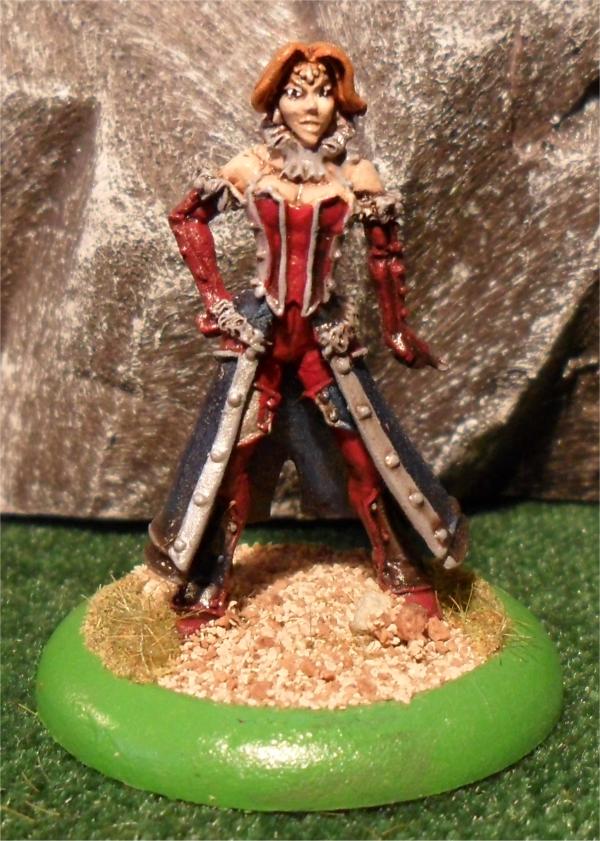











 Let me throw Jeremy Olson under the bus… When I sat down at his Shadowrun Missions on Thursday night, I was looking forward to four hours of wacky Seattle-based madness, then be on my way happy to have tried something but not wanting more. But because of him (and his table of 'runners), I found myself actually enjoying Shadowrun and looking forward to MORE missions! As if I had time for more gaming? Really? More gaming? Just because the character he built for me is exactly what I wanted to play and that somehow I managed to survive (and be useful) to the group, I have no reason to spare him. So to you sir, I say, a chicken on your head! Now I will have pacify my wife twice as much!
Let me throw Jeremy Olson under the bus… When I sat down at his Shadowrun Missions on Thursday night, I was looking forward to four hours of wacky Seattle-based madness, then be on my way happy to have tried something but not wanting more. But because of him (and his table of 'runners), I found myself actually enjoying Shadowrun and looking forward to MORE missions! As if I had time for more gaming? Really? More gaming? Just because the character he built for me is exactly what I wanted to play and that somehow I managed to survive (and be useful) to the group, I have no reason to spare him. So to you sir, I say, a chicken on your head! Now I will have pacify my wife twice as much!
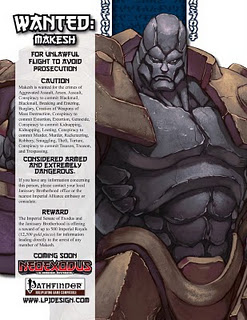
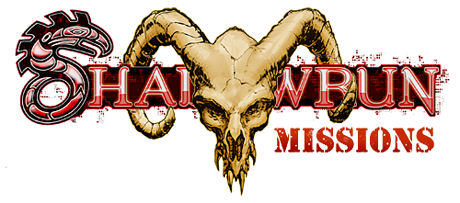
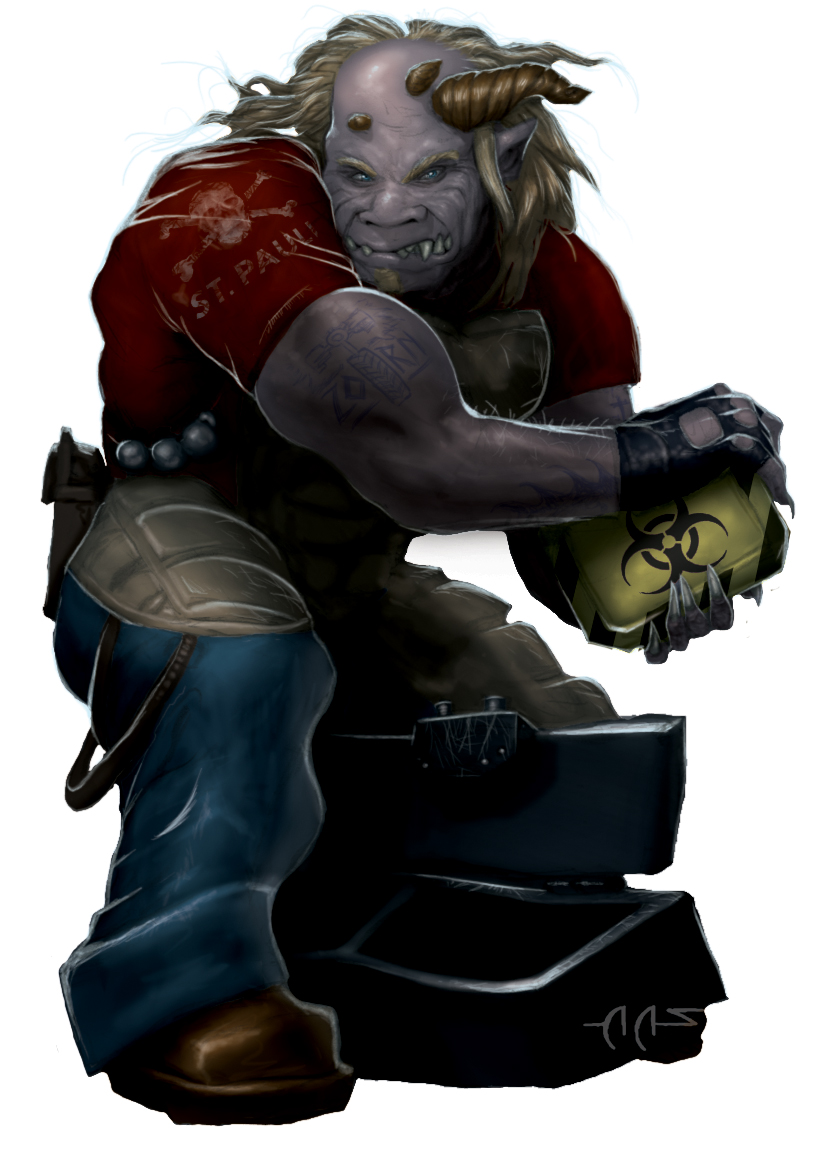
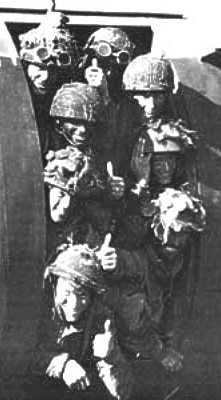 Then in the afternoon, as I hovered near the muster area for Pathfinder Society, there seem to be a lull in the play. I had already played every PFS adventure offered. As things began to stagnate, I called out that I had a Call of Cthulhu adventure in my pocket. Within a few minutes, I had a table of 6 and they were on their way to Normandy…
Then in the afternoon, as I hovered near the muster area for Pathfinder Society, there seem to be a lull in the play. I had already played every PFS adventure offered. As things began to stagnate, I called out that I had a Call of Cthulhu adventure in my pocket. Within a few minutes, I had a table of 6 and they were on their way to Normandy…
 If you did not know, I spent last weekend in Vegas at Neoncon. I will post a more complete version of My NeonCon Experience 2011, there are a few topics I wanted to touch upon first.
If you did not know, I spent last weekend in Vegas at Neoncon. I will post a more complete version of My NeonCon Experience 2011, there are a few topics I wanted to touch upon first.
 A belief system that exists almost exclusively among the barbarians of the Janus Horde, the accepted version is that nature rests upon a powerful dragon. Followers of the cult believe that they have to slay and defeat nature’s wrath – incarnated by dragons and other such enormous beasts. To that end, they embark on quest and slay the biggest monsters they can find and drink of their blood. For the blood makes them stronger.
A belief system that exists almost exclusively among the barbarians of the Janus Horde, the accepted version is that nature rests upon a powerful dragon. Followers of the cult believe that they have to slay and defeat nature’s wrath – incarnated by dragons and other such enormous beasts. To that end, they embark on quest and slay the biggest monsters they can find and drink of their blood. For the blood makes them stronger.

